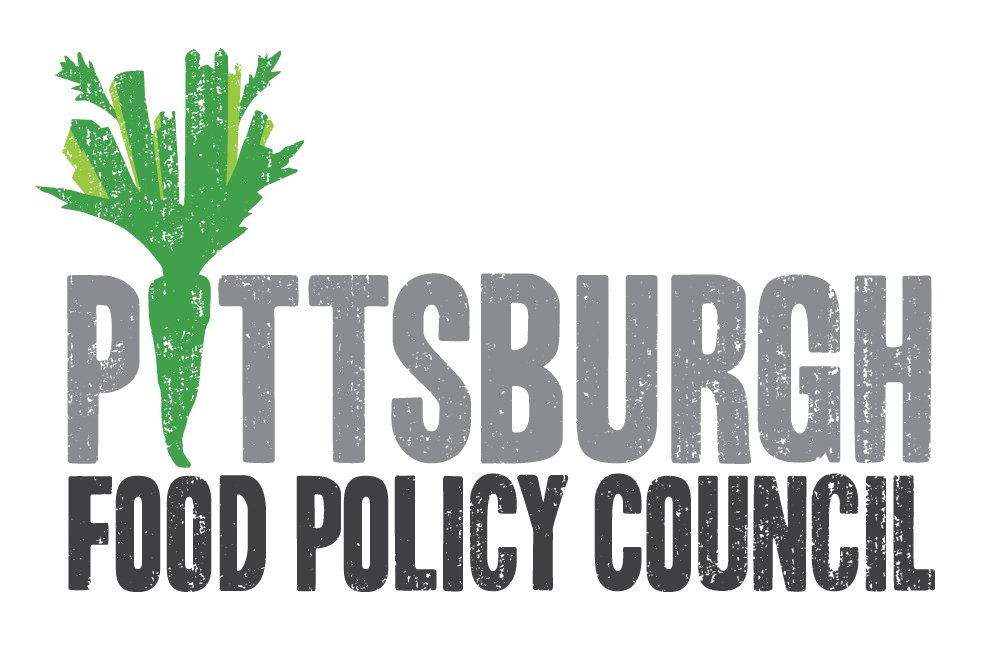COVID-19 and Pennsylvania Farmers
PFPC members Mim Seidel and Chris Murakami authored a recently-published peer-reviewed article in the Journal of Agriculture, Food Systems and Community Development - ‘Covid-19 and Pennsylvania Farmers’. Check out the article HERE and read on to learn more about what led them to talk to farmers during the height of the pandemic.
Early in the pandemic (spring 2020), there were nationwide reports that farmers were suffering severe economic losses due to the closure of restaurants and schools, which are often the primary customers of small or midsize farmers for fresh foods, and purchasers of commodity foods from larger farms respectively. Recognizing that agriculture is an important industry in Pennsylvania (PA) and knowing that most PA farms are small to mid-size, many of which struggle financially even in good times, Chris and I wondered how COVID-19 was impacting PA farmers. Would the pandemic cause further harm to PA farmers already struggling to stay solvent within a global food system that often lacks support for regional agriculture? We contacted Pasa Sustainable Agriculture (which also has a PFPC connection) and created a research project to assess the financial impact of COVID-19 on PA farmers. We did this through an anonymous electronic survey which PFPC helped to distribute, as well as several interviews. Our study assessed the farmers’ entire 2020 experience, not simply the first few months of that year. We are not able to pull out information specific to southwestern PA farmers, but our findings appear applicable and important for farmers statewide.
Resiliency seemed to be key. Farmers who were already doing direct-to-consumer (DTC) sales like CSA’s, farmers markets and on-farm markets and could increase those markets, or farmers who transitioned to DTC sales, were able to expand their businesses and saw revenue stay steady or even slightly increase during the worst of the pandemic. Having marketing savvy – like using online platforms – was also a key to success. The US Department of Agriculture (USDA), which supports mainly large commodity farmers through a variety of funding mechanisms, increased and broadened their support in response to the pandemic. Additionally, the Small Business Association provided forgivable loans to eligible small farm businesses for the first time. Almost half (49%) of our surveyed farmers participated in at least one federal relief program, many for the first time in their business history. However, farmers who reported lower pre-COVID revenues were less likely to participate in relief programs. Some of these farmers reported that they were unable to determine their eligibility for the programs. Those who did participate found the cash support for lost production most helpful. While we assumed COVID-19 would have caused dire economic consequences for PA farmers in 2020, our findings demonstrated that 58% of PA farms found no change or a slight increase in their revenue during 2020. The 42% of farms that experienced revenue loss showed a range of loss between 1% to greater than 50% compared to 2019 revenue. From our surveys and interviews We saw the importance of federal relief, but we argue that it must target those small and mid-size farms that are not already recipients of commodity farm subsidies and other traditional farm aid. Importantly, communication channels must be strengthened to assure that all farmers are aware of how to connect to available resources – be they financial aid or social media and DTC marketing skills. COVID-19 caused major disruptions to our global food supply chain and highlighted the need for robust regional food systems which are more resilient in times of global disruption, including climate change. While federal aid must be available, local initiatives like the Food Justice Fund are also vital to fill in the gaps left by federal policy and center organizations doing on-the-ground work.
PFPC Connection: Chatham University’s Food Studies Program is a longtime supporter of the PFPC and prioritizes the work of the many stakeholders that make up our regional food system. Both Chris Murakami and I (Mim Seidel) are faculty in that program. Co-author Jasmine Pope, currently with the Homegrown Program at Phipps, was a graduate student at the time of the research. I have been involved with the Council in leadership positions since near its beginning. Chris created and facilitates the Bio-Intensive Regenerative Market garden (BIRM) project where he works with many of the area’s urban farmers who are also Council members.
